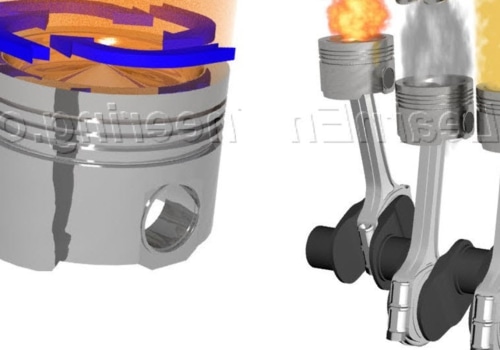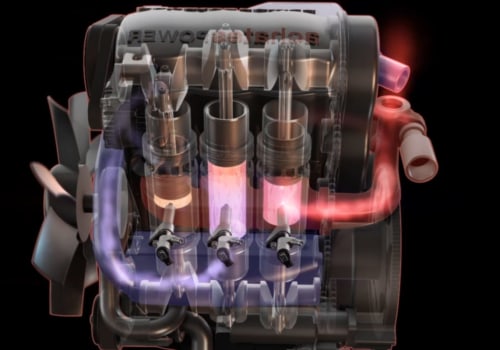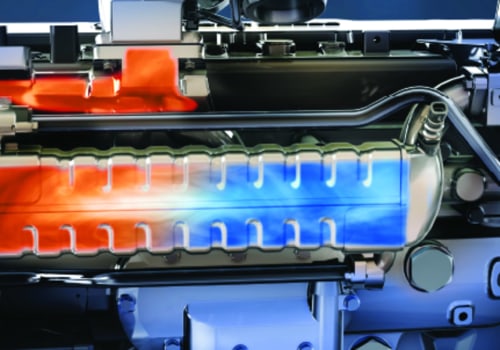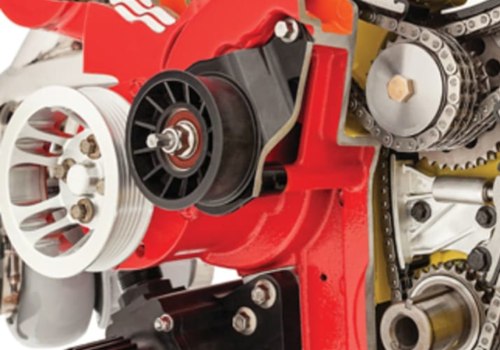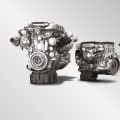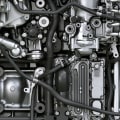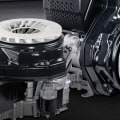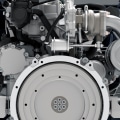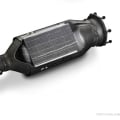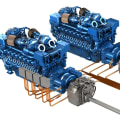The primary downside of using a diesel engine is the initial cost. While diesel engines are more fuel-efficient than gasoline engines, this is offset by the fact that diesel cars are more expensive than their gasoline-powered counterparts. Diesel engines typically offer 25 to 30 percent better fuel economy than gasoline engines with similar performance. Diesel has a higher viscosity than gas, making it easier to spill and evaporate more slowly once spilled.
This allows dirt and dust to settle on it, making it smell unpleasant. Additionally, diesel emits dirty black smoke when used to run an engine, which can be unpleasant to breathe in and can cause air pollution. If you neglect maintenance and the fuel injection system breaks down, you may have to pay a diesel mechanic more money to fix things than if he repaired a gasoline system, since diesel engines are more technologically advanced. Stricter environmental regulations for diesel engines have also changed the fact that diesel engines are simpler machines with fewer moving parts; the new technology required to meet these standards can wear out, regardless of the type of engine in which it is used.
When it comes to fuel, diesel contains up to 15% more energy than gasoline, allowing diesel cars to travel up to 35% more with a gallon of fuel, according to the U. S. Department of Energy.

